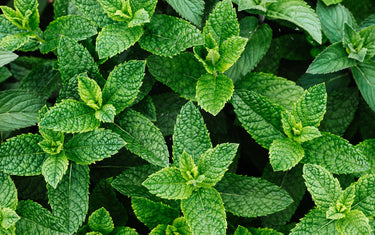- Home
- Pure Essential Oils
- Peppermint Essential Oil (Piperita)
Peppermint Essential Oil (Piperita)
Rated 4.9 out of 5 stars
141
-

- Fresh
- -
- Spider Repellent
- -
- Decongestant
-

FREE Shipping
Over £35
Over £35
Interest-Free Payment Options
Stress-Free
30-Day Returns
30-Day Returns
FREE Shipping
Over £35
Over £35
Interest-Free Payment Options
Stress-Free
30-Day Returns
30-Day Returns
Share this product



























